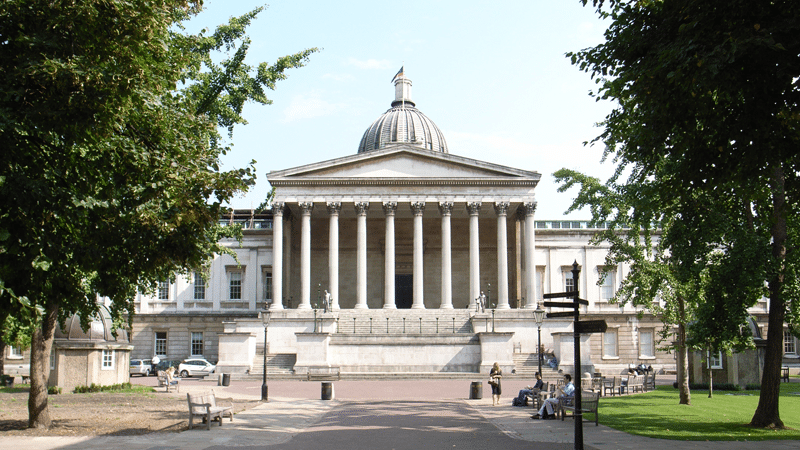University College London (UCL) has become the first university to formally cut ties with Stonewall over its discredited Diversity Champions and Workplace Equality Index schemes.
UCL which has over 13,000 staff and 42,000 students, said it continued to support LGBTQ+ rights and recognised “the importance, complexity, and sensitivity of issues relating to sexual orientation, gender identity, and sex”.
Its Equality, Diversity and Inclusion Committee voted to continue participating in the schemes, arguing that membership signalled support for trans students. But the Academic Board recognised it implied endorsement of the controversial lobby group’s positions and raised concerns about academic freedom, so voted against remaining.
‘Uphold academic freedom’
Stonewall’s Diversity Champions programme tells employers to promote trans ideology in the workplace. Those participating are given a more favourable score on the Workplace Equality Index – which purports to measure how ‘LGBT-friendly’ an organisation is.
A UCL statement said its senior leadership accepted “the fundamental need to uphold academic freedom and freedom of speech in an academic context, recognising that a formal institutional commitment to Stonewall may have the effect of inhibiting academic work and discussion within UCL about sex and gender identity”.
However, the leaders added they will “re-double [their] work around LGBTQ+ equality and inclusion, with a particular focus on supporting trans, non-binary, and gender non-conforming members of our community”.
They also promised to establish an ‘LGBTQ+ Equality Implementation Group’ to tackle “all forms of inequality, marginalisation, and discrimination experienced by LGBTQ+ colleagues and students”.
‘Highly contested’
The university concluded: “UCL’s institutional relationship with Stonewall is a highly contested matter about which many in our community feel strongly. The discussion of the issues has been conducted in a constructive manner.
“UCL hopes that we can move forward in that same spirit, so that we might continue to disagree well and build UCL as a genuinely diverse community in which people are able to express their beliefs and be themselves.”
More than 30 academics wrote an open letter to universities in 2019 urging them to cut ties with Stonewall, saying educational freedom is being stifled by the group, adding that “tendentious and anti-scientific claims” are presented by Stonewall to staff as “objective fact, without the opportunity for scrutiny”.
And in May this year, the University of Essex was warned that its links to the organisation had resulted in it misrepresenting the law on transgender issues, with barrister Akua Reindorf warning of “potential illegalities” in the university’s trans policy, which presented the law “as Stonewall would prefer it to be, rather than the law as it is”.
‘Perceived bias’
Organisations have increasingly been abandoning the Stonewall scheme, with the BBC among the most recent to ditch the controversial lobby group, following questions over impartiality.
Director General Tim Davie reportedly told staff: “While I do not think that our journalism has been influenced by our involvement in the Diversity Champions programme, not renewing our involvement is the correct move at this time to minimise the risk of perceived bias and avoid any perception that engagement with the programme is influencing our own decision-making.”
Others to have left the Diversity Champions programme in recent months include the Crown Prosecution Service, the Department of Health and Social Care, Ofcom and the Equality and Human Rights Commission.

